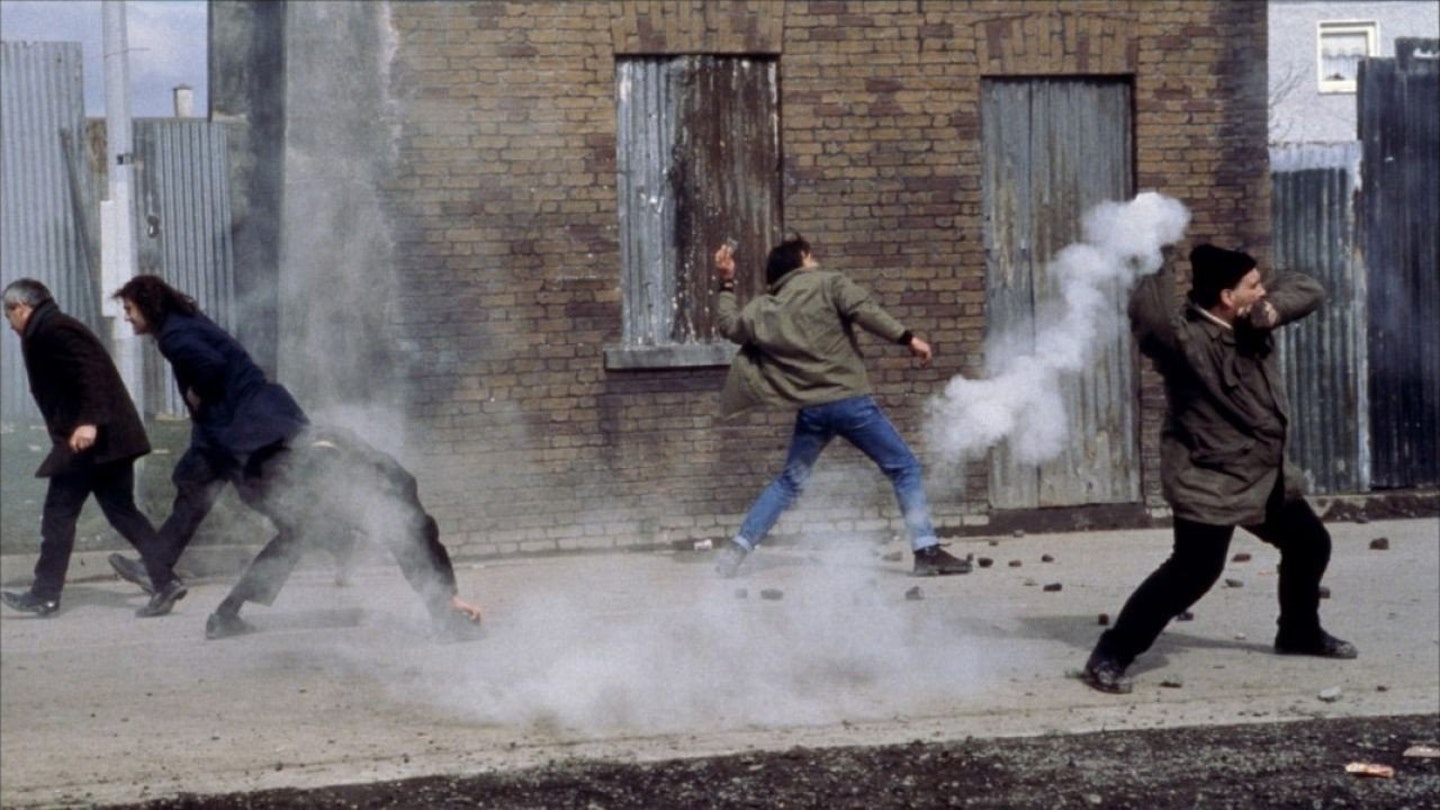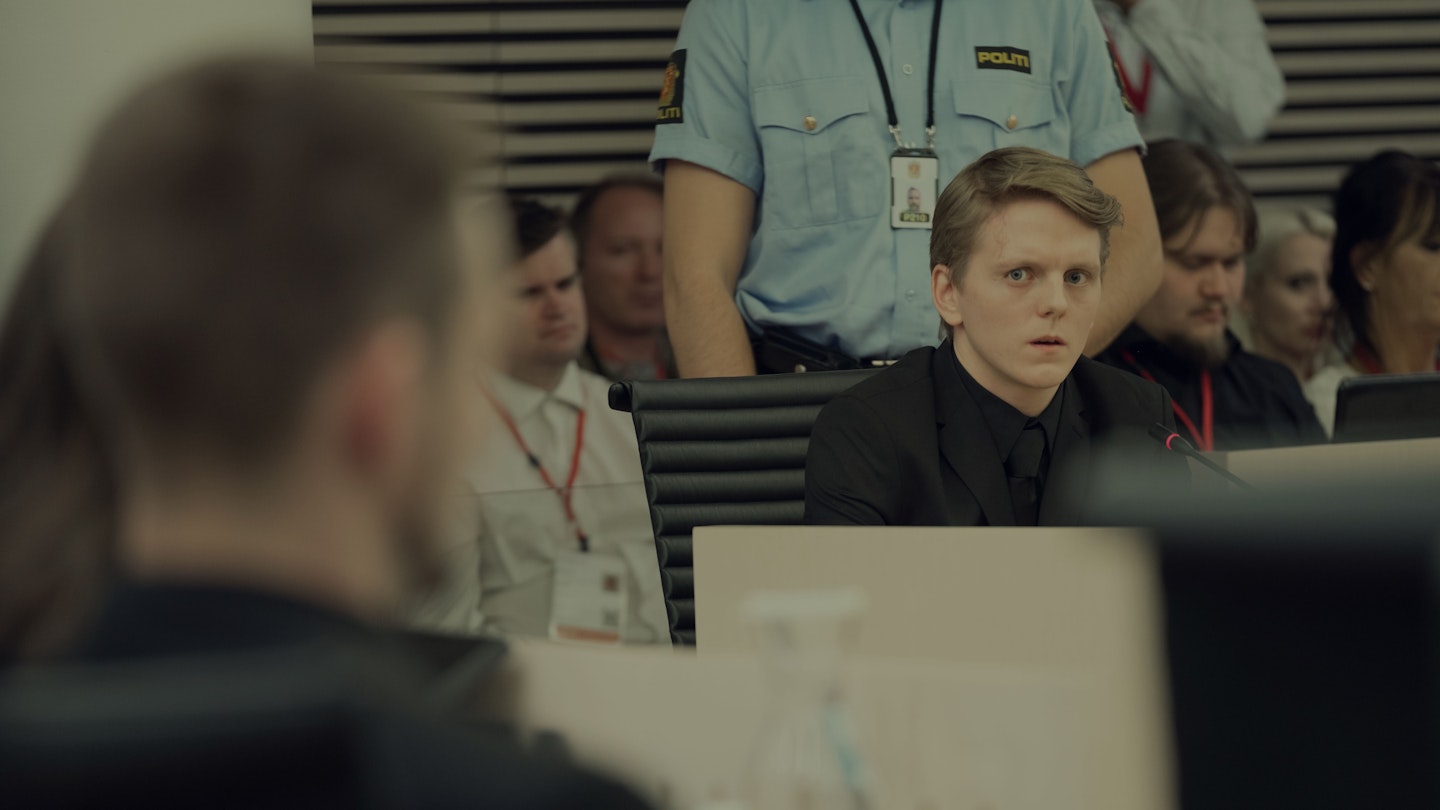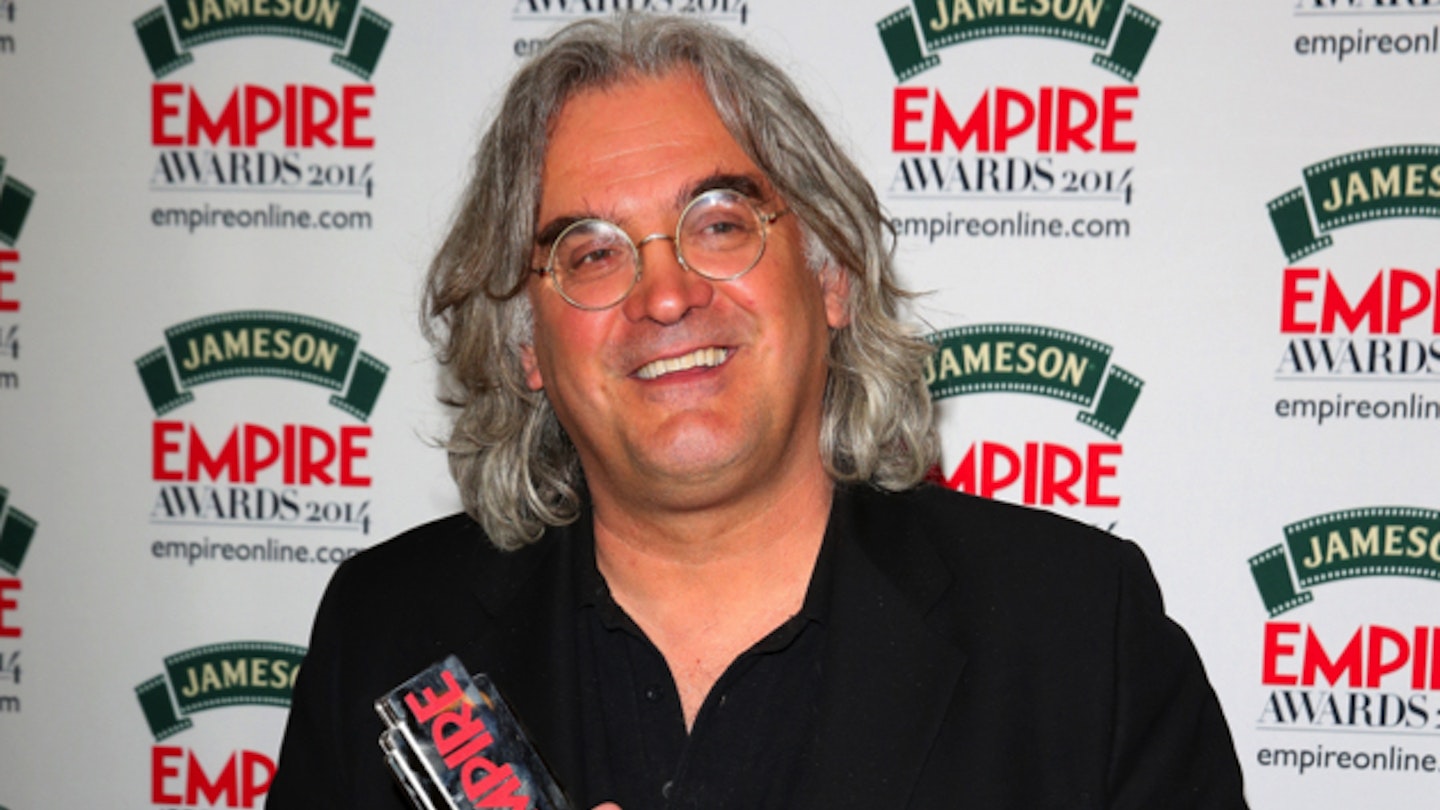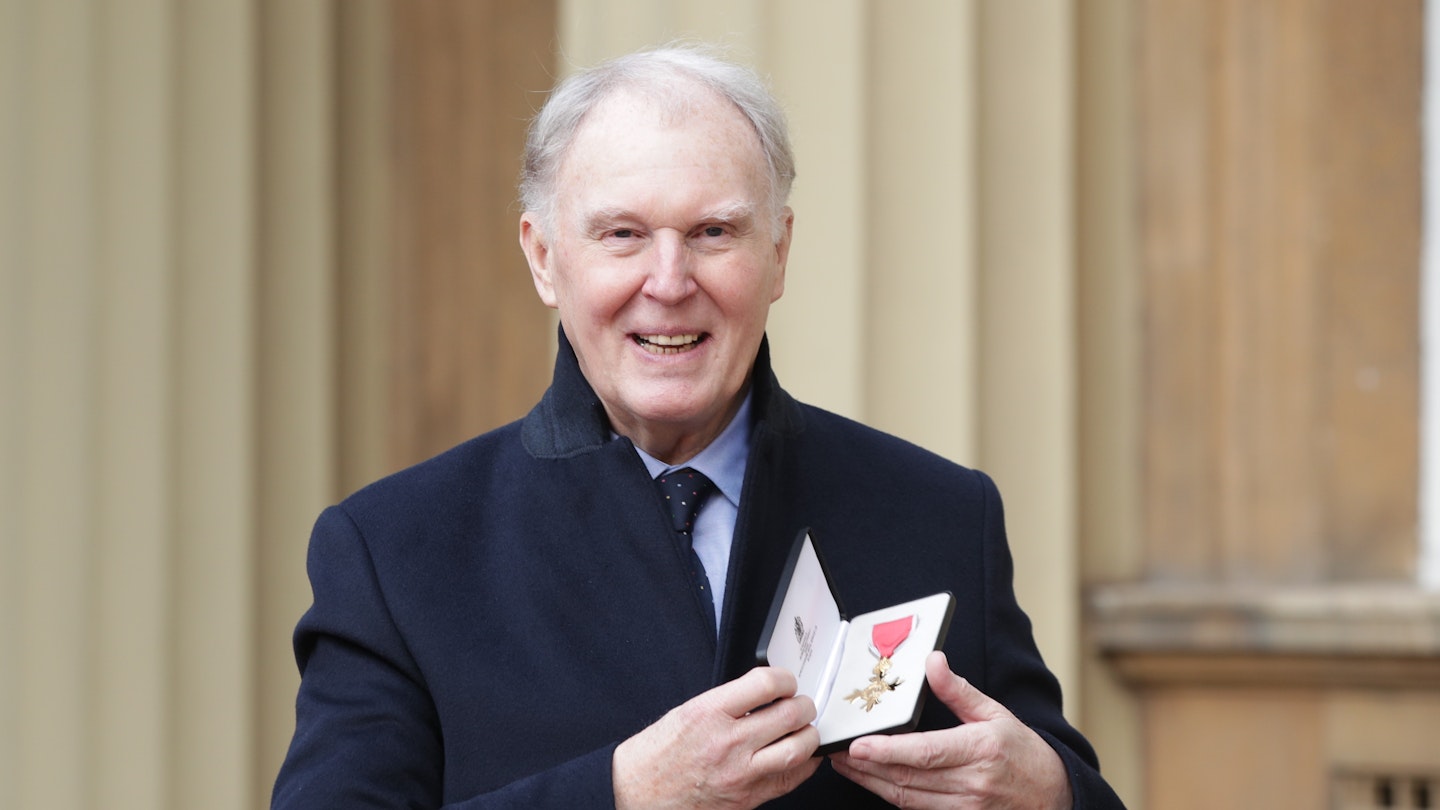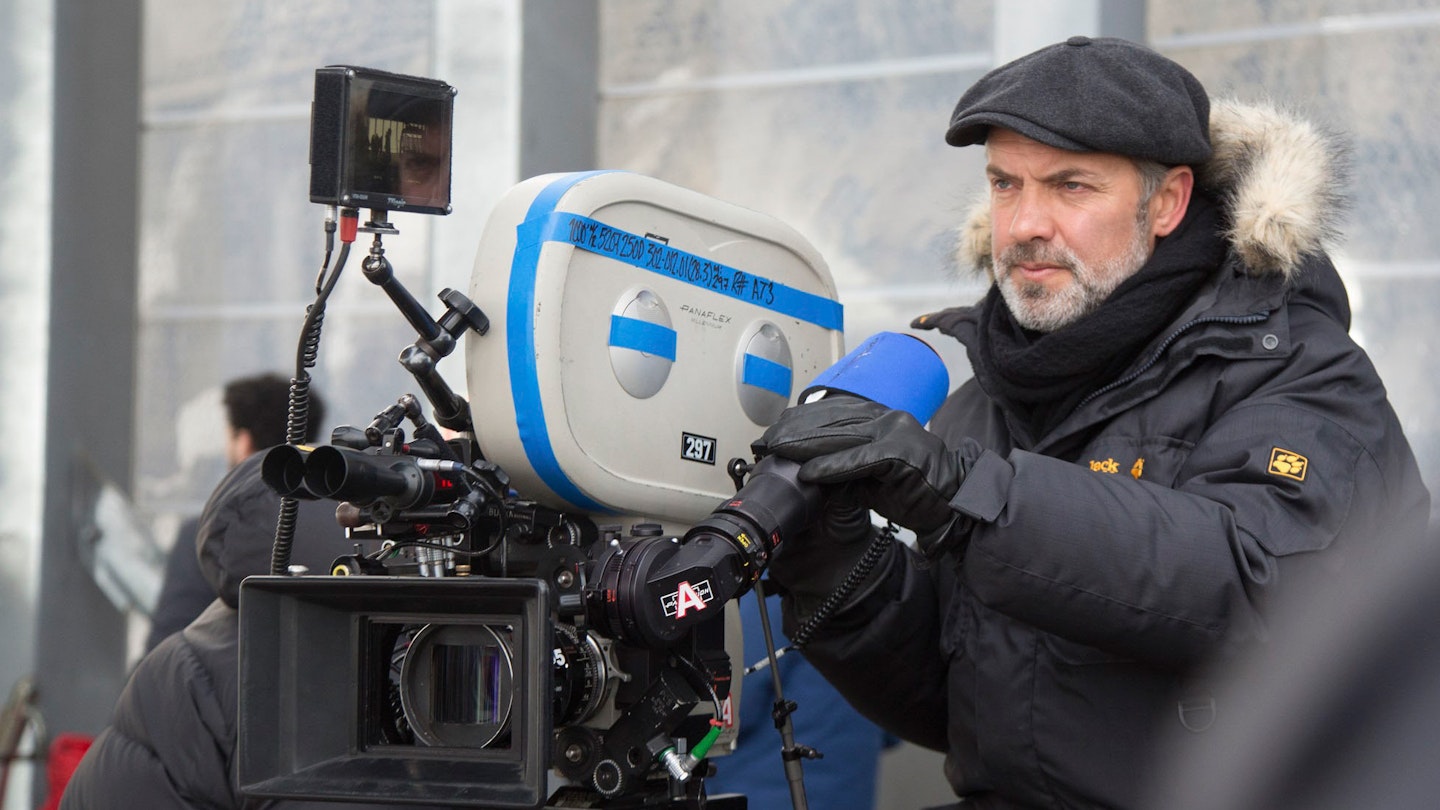Political uproar is guaranteed over this depiction of one of the most tragic chapters in the recent history of Northern Ireland. That's because, with a charged subject like this, individual viewers will see only what they want to see and ignore the rest. The facts, however, are incontestable: on January 30, 1972, 13 unarmed civilians were killed by British soldiers while taking part in a civil rights march in Derry. It's how the blame is laid on either side that provokes controversy.
Writer-director Greengrass - a World In Action veteran who also made TV docudrama The Murder Of Stephen Lawrence - aims for a gut reaction, drawing the audience into the fray with documentary-style, hand-held cameras. But it's Nesbitt's career-best performance that sets the tone for the audience to follow. As he shifts from cocky politician to ashen-faced witness, he helps the audience to understand that this is a human tragedy that goes beyond the sectarian divide.
